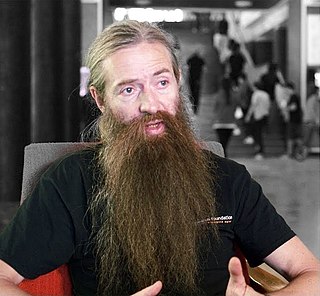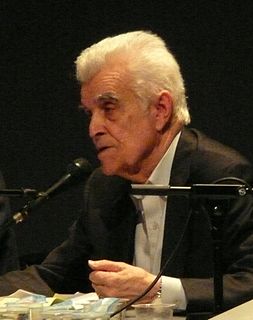A Quote by Roger Ebert
Related Quotes
We all are born with a certain package. We are who we are: where we were born, who we were born as, how we were raised. We're kind of stuck inside that person, and the purpose of civilization and growth is to be able to reach out and empathize a little bit with other people. And for me, the movies are like a machine that generates empathy. It lets you understand a little bit more about different hopes, aspirations, dreams and fears. It helps us to identify with the people who are sharing this journey with us.
In the vast majority of movies, everything is done for the audience. We are cued to laugh or cry, be frightened or relieved; Hitchcock called the movies a machine for causing emotions in the audience. Bresson (and Ozu) take a different approach. They regard, and ask us to regard along with them, and to arrive at conclusions about their characters that are our own. This is the cinema of empathy.
The classic war movies of the post-Vietnam era have generally taken on grand, philosophical themes: the meaninglessness of war, the grinding down of man by the machine - the machine being war itself, represented by someone like Gunnery Sergeant Hartman in 'Full Metal Jacket,' the sadistic marine who turns his boys into instruments of death.
































